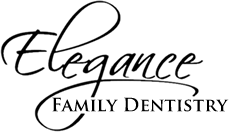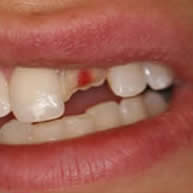Few people look forward to a visit to the dentist. No matter your age, having someone rummage around your mouth with sharp tools is not very appealing. However, proper dental care is vitally important both to your oral and overall health. Fortunately, if you’re someone who experiences extreme dental anxiety, sedation dentistry offers a way to alleviate your fear and discomfort.
Currently there are three levels of sedation in use. Mild sedation is usually administered in a pill form, prescribed for you to take approximately an hour prior to your appointment. Moderate sedation can be achieved through the use of stronger drugs or nitrous oxide gas. Deep sedation is usually administered through the use of intravenous medications.
However, sedation does not agree with everyone. Certain people run a greater risk of experiencing complications under sedation. Since there is always a risk associated with any form of sedation, you should be aware of what to expect before consenting. Every sedation dentist should be following certain protocols in the event something goes wrong. Ask your dentist how they are prepared for emergencies, and if you don’t feel comfortable with their procedures, you may want to seek a new dentist.
Normal, healthy adults rarely experience complications from sedation. However, certain health conditions can increase the chance of problems with sedation. If you are suffering from a temporary health issue like the flu, it would be best to postpone sedation until you’re healthy. Some chronic conditions, such as asthma or other respiratory conditions, could preclude you from sedation. Likewise, people who are significantly obese may not be good candidates for sedation, as they may experience air blockages during sedation.
Children have a higher risk than adults of complications. Make their dentist aware if they are on any medications, to avoid adverse side effects. Children with respiratory conditions or asthma should never undergo sedation. Elderly patients have similar risks, and shouldn’t be sedated without consulting their regular doctor.
Thankfully, sedation dentistry is safe for most who wish to avoid the fear and anxiety associated with a trip to the dentist.






